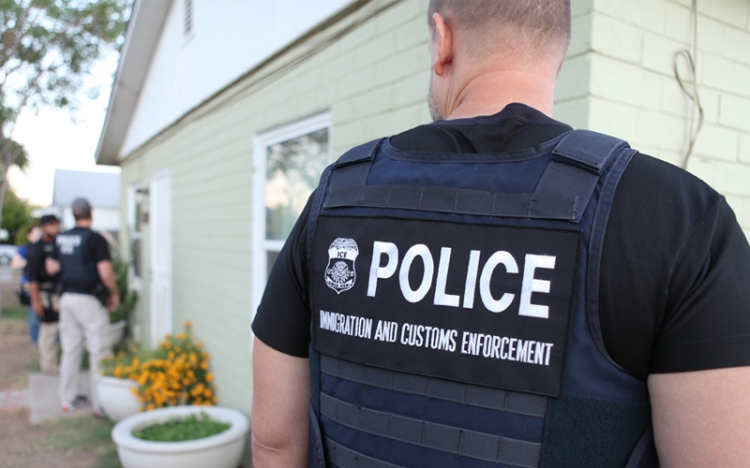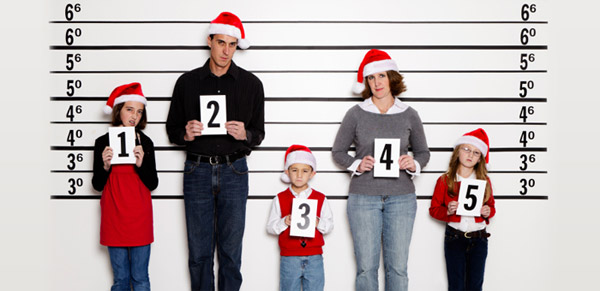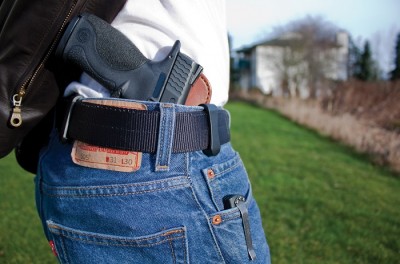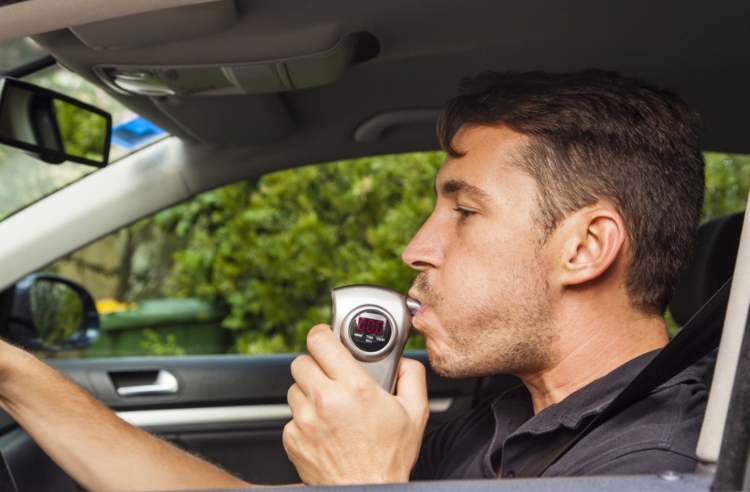
There are stunning new crime numbers from the FBI: in Chicago, it isn’t just murders and shootings that are up – it is all violent crime.
Newly obtained FBI data show that the crime surge in Chicago goes beyond the end of a gun. Overall violent crime – an umbrella figure that includes murder, rape, robbery and assault – jumped significantly here the first half of last year, an increase more than four times higher than the rest of the nation.
According to this FBI report, violent crime in the U.S. increased a little more than five percent the first half of last year, while in Chicago, during the same period, overall violent crime heaved 24 percent.
Chicago is significantly outpacing the nation, with aggravated assault up 23 percent and robbery 28 percent higher.
The numbers are driven by a surge in Chicago murders – 49 percent higher than the previous year – but FBI data show an increase in all violent crime categories in Chicago that is significantly outpacing the nation, with aggravated assault up 23 percent and robbery 28 percent higher.
The FBI report shows a drop nationally in property crimes but not in Chicago, where property crime numbers jumped 6 percent, according to the federal stats.
There were 762 murders in all of last year and more than 3,500 shootings – figures that got most of the attention were mostly gang-related crimes, according to police.
“If you’re a leader or policy maker that has anything to do with Cook County or the City of Chicago you should find it reprehensible that we had over 700 homicides last year. That’s just, it’s unacceptable. And if you think that’s OK, then I have a problem with you,” Chicago Police Supt. Eddie Johnson said.
But the FBI report reveals other problems – crime numbers that are broader than just gangs and drugs – with sex crimes, assaults, robberies and property crimes all up in the first half of last year, and no reason to believe they abated in the second half.
Plans for the Future
2017 Enhanced Crime Fighting Strategy – the Chicago Police Department plans on implementing a series of initiatives that aim to reduce violence, increase the capability of its police officers, and build public trust. Elements of this enhanced strategy are based on national best practices being implemented in other major cities. One major component will be the creation of district based intelligence centers so that crime plans and deployments can be tailored to the individual nuances and patterns in corresponding communities. These centers will be staffed with district intelligence officers and crime analysts from the University of Chicago Crime Lab.
This strategy will also place a heavy emphasis on creating a culture of accountability for repeat violent offenders and a more meaningful deterrent to gun crimes. In addition CPD is working with newly-elected partners in the States Attorney’s Office to strengthen how gun cases are investigated and prosecuted.
We can help.
If you are a victim or you have been accused of a violent crime, you need an attorney to represent you. The outcome of your case will be significantly impacted by the strength of your defense. Ramon A. Moore is an experienced and qualified criminal defense attorney with more than a decade of experience as a prosecutor for the Cook County State’s Attorneys Office. He has handled every type of criminal case including first-degree murder or attempt first-degree murder, sexual assault, weapons offenses, narcotics, DUI and traffic and more. Let his experience, honesty and hard work fight for you. Call 312.332.5134 for a FREE consultation today.








